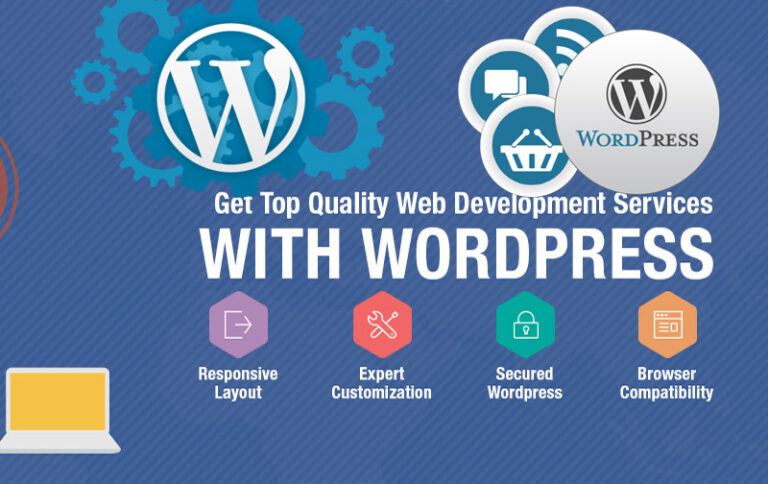Written by Firemind Web Design
In the world of digital marketing, Search Engine Optimization (SEO) is crucial for improving a website’s visibility and ranking on search engine results pages. However, many businesses and website owners make common mistakes that can hinder their SEO efforts. To help you avoid these pitfalls, we’ve put together a list of 10 common SEO mistakes to steer clear of.
1. Ignoring On-Page Optimization
One of the most common mistakes is neglecting on-page optimization. This includes optimizing meta tags, headings, and content for relevant keywords. By overlooking this crucial step, you could miss out on valuable search engine traffic.
2. Neglecting Mobile-Friendliness
With the majority of internet users now accessing websites on mobile devices, it’s essential to ensure that your website is mobile-friendly. Ignoring mobile optimization can lead to a poor user experience and negatively impact your search engine rankings.
3. Overlooking the Importance of Quality Content
Content is king in the world of SEO. Failing to create high-quality, valuable content for your website can result in lower search engine rankings. Make sure to consistently produce relevant, engaging content to keep your audience engaged and improve your SEO efforts.
4. Forgetting About Internal Linking
Internal linking is an important SEO strategy that is often overlooked. By linking relevant pages within your website, you can improve user experience and help search engines understand the structure of your site.
5. Keyword Stuffing
While keywords are important for SEO, stuffing your content with keywords in an unnatural manner can actually harm your rankings. Focus on creating valuable, reader-friendly content rather than keyword stuffing.
6. Neglecting Image Optimization
Images play a key role in a website’s user experience. However, failing to optimize images for SEO by including descriptive alt text and file names can lead to missed opportunities for increased visibility in image search results.
7. Disregarding Page Speed
Page speed is a significant factor in both user experience and search engine rankings. Ignoring page speed optimization can lead to higher bounce rates and lower rankings on search engine results pages.
8. Lack of Consistent URL Structure
Having a messy and inconsistent URL structure can confuse both users and search engines. Make sure to maintain a clean and organized URL structure for better SEO results.
9. Not Prioritizing Local SEO
For businesses targeting local audiences, neglecting local SEO strategies can be a costly mistake. Make sure to optimize your website for local searches by including location-specific keywords and creating a Google My Business listing.
10. Failing to Monitor and Adapt
SEO is an ongoing process, and failing to monitor and adapt your SEO strategies based on performance can hinder your efforts. Keep a close eye on your website’s analytics and make adjustments as needed.
The Tl;dr Wrap Up
In conclusion, avoiding these common SEO mistakes can help improve your website’s visibility and ranking on search engine results pages. By prioritizing on-page optimization, mobile-friendliness, quality content, and other key SEO strategies, you can maximize your website’s potential for success in the digital landscape.
FAQs
What is the Importance of Mobile-Friendly Websites for SEO?
Mobile-friendly websites are crucial for SEO as search engines prioritize mobile-optimized content. Additionally, with the majority of internet users accessing websites on mobile devices, a lack of mobile-friendliness can lead to a poor user experience and lower search engine rankings.
How Often Should I Update My Website’s Content for SEO?
Consistently updating your website’s content is important for SEO. Aim to publish new, relevant content on a regular basis to keep your website fresh and engaging for both users and search engines.
Why is Internal Linking important for SEO?
Internal linking helps search engines understand the hierarchy and structure of your website. It also improves user experience by guiding visitors to relevant content within your site, ultimately boosting SEO efforts.












